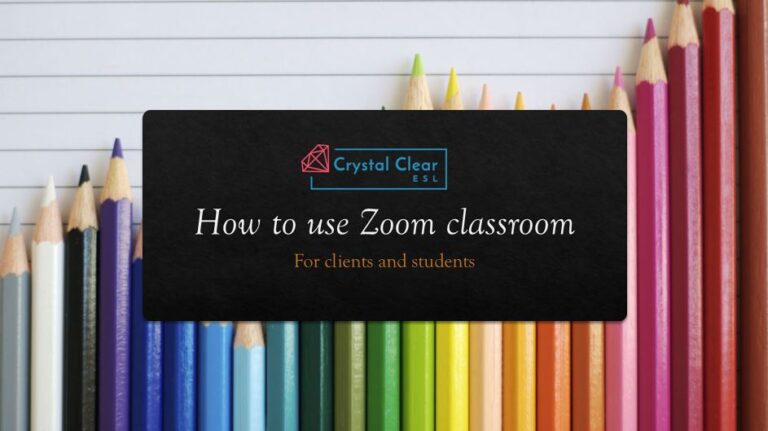Use an ESL Niche to Find Students
Think of yourself standing in a crowded square and shouting, ‘I need a person!’ – everyone is going to continue on with their day and ignore you. Psychology has studied the crowd mentality in depth: why take action if there are 100 others who might, can, should? It’s easier to remain faceless than to get involved, especially if getting involved means being sucked into a social media marketing black hole. Your audience may also be confused and or jaded about the plethora of ESL teachers bidding for their attention, their custom. What sets YOU apart?
If, in that crowded square, you instead shouted, ‘I need a strong person, with a sharp tool to help me dislodge my shoe from this grate!’ – you’d probably sift five close passers-by who fit your specification. The difference is their quick, subconscious evaluation of how many others in the immediate vicinity fit your specification – the answer: not many! Therefore, action isn’t dependent on the whole crowd anymore, but rather on the few who fit the bill and know they can make a difference.
With your ESL teaching niche, the issue is largely similar, but in reverse. All the ESL teachers out there vying for students are the crowd, and your prospective students, are the shouters. If you are one of the few teachers who fulfil a student’s specification, a successful match goes from 10,000:1 to just 10:1!
Fine tuning your niche, creating an avatar for your perfect client, will help you target any inorganic advertising you pay for. Google, Facebook and LinkedIn adverts allow you to be quite specific about the type of audience you want to reach in paid advertising. Having a secure audience will save you money, and achieve a higher response rate.
Having a specific niche to set yourself apart not only helps you to narrow the competition among other teachers, but it sets you up as a professional in your field. Indeed, you evolve as a professional in your chosen field as your planning and teaching practice hone your skills in that field. And guess what? Professionals can charge more! Once you are established as a professional, your hourly rates can and should reflect the quality and skillset you alone provide. What’s more, once your students believe in your offering, they will tell friends and colleagues, helping you to build your client base organically.
An added benefit of planning for your niche is a reduction to your workload. By sticking to a particular client base, rather than teaching to the full range of ages, abilities and goals, you may even find you will be able to create a core curriculum that you adapt slightly, rather than re-write entirely, from student to student. Remember, you do not get paid for planning time, so any investment here is an immediate cut to your hourly rate.
We can agree now that a niche is a good idea, but how do you define your niche? Think about what you enjoy teaching and where your expertise and/or experience fall. Your niche can be defined by profession, industry, ability, gender, age, geographic location, cultural background, native language, anything! You can even define your niche by a specific learning style. Here are some examples, which you could even combine for a more specific niche:
- Doctors needing English for medical conferences or work abroad;
- IELTS exam preparation or coaching
- People who’s first language is Korean
- Phonics for pre-school children
- Retirees
- Accent reduction
- People who want to learn English through sitcom clips
Your niche should fall into the following format:
I teach _____ people who want to _____ by _____.
Be practical and do your research. There is no sense choosing to teach Chinese doctors if you are not available during peak hours, Beijing time! Do you have a head-start with a particular niche? A friend or family member with a leg-in? An existing client base to develop? What other skills or knowledge do you possess that give you an edge? A second language yourself? A previous career in estate sales? You’ll have to carefully examine your skills, interests and background to settle on an appropriate niche.
Once you’ve settled on a potential niche, investigate your avatar’s unique goals for English learning. What hurdles must they overcome to learn English? Does your avatar tend to prefer a particular teaching style? Time and length of lessons? Rate? Find some typical clients and offer them a short course of free lessons to test your niche. Does your research stand up? If not, adjust and re-test your niche. Don’t forget to ask your free clients for testimonials and use these in your advertising to build your credibility.
Finally, continue to learn and refine your offering. Upskill along the way to cement your standing in the profession. Enjoy your success!








